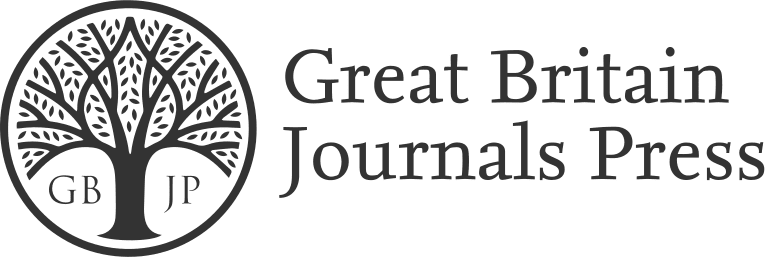Abstract
Statement of Problem- Globally 75 countries had fewer than 2.5 health worker per 1000. According to World Health Report countries with a density of fewer than 2.28 doctor, nurses and midwives per 1000 population generally failed to achieve a targeted 80% coverage skill birth attendance and child immunization. This shortage pushed patients especially the poor and disadvantaged mostly seek health care from informal sectors as they are more socially and community focused. Purpose of Study- To develop an effective, efficient and equitable health system to improved population health; appropriate formal health workforce needed. There are shortage and crisis of it. It is nearly impossible to produce the huge numbers of estimated health care providers by the public and private sectors combined. Transform informal health care service providers (HCSP) into a well-trained government registered HCSP. It would able to stop malpractice, ensure standard treatment and accountable for referral responsibility. Methodology-Both Primary and secondary data was taken. Face to face interview and focus group discussion was done. Findings- Both illiterate (no education) and literate (complete primary to higher level degree) people visit informal healthcare providers. Income group started from 10000 to 30000 were classified as low, middle and upper middle groups house hold people having age zero to sixty choices to received health services from kobiraj, homeopathic, RMP and drug seller respectively. Village people most likely visit kobiraj and drug sellers. Respondents also revealed that they visit them for maternal and child health care, RTI/STI treatment, the problem of reproductive and sexuality, nutrition, limited curative Care and usually male person of household take medicine for family. For child usually mother or grandparents were taken services from informal health care providers.
Conclusion and significant- the possibility of miss diagnosis, underdiagnosis and non-useful medication to an individual is very harmful that may lead the person even death. A standard, knowledgeable and skilled health workforce can prepare toprovide a fix duration of training, conduct and maintain by Government Regulatory Authority of Health Sector, using a standard curriculum. It will certify them to provide health care service formally. Health care accessibility, quality, equity, and efficiency will increase. And it is very possible to abolish the term informal health care provider for providing and received health care services from anywhere on the globe.
Keywords

